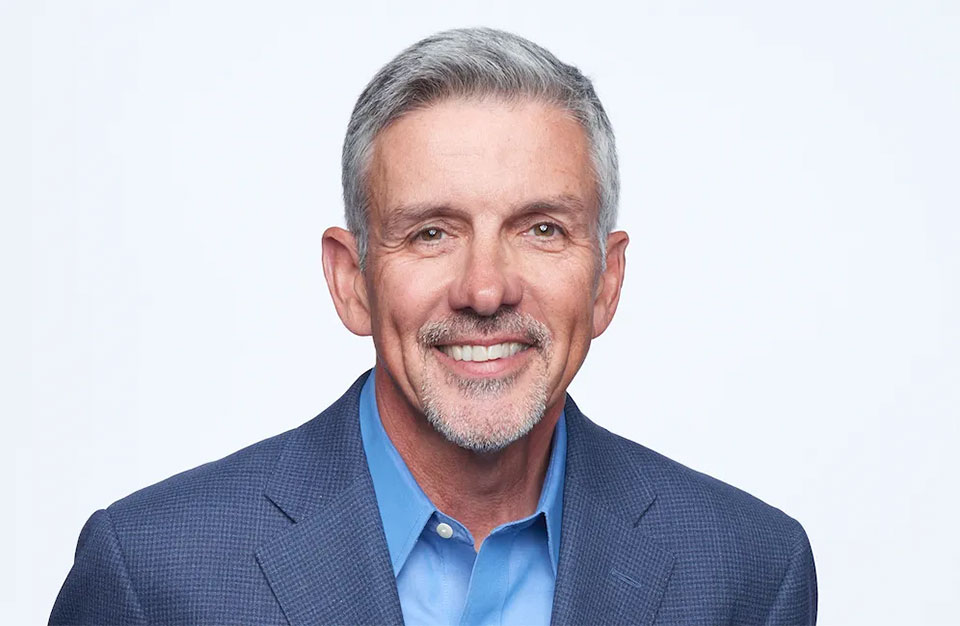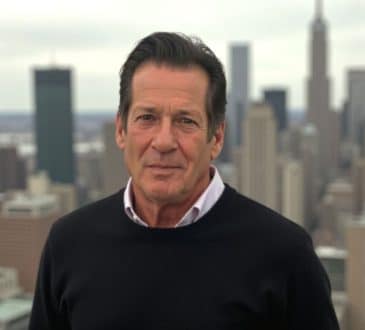Purpose, Preparation, and Play

Organizational teams of any kind would be wise to heed the best practices of CEO peer advisory groups/forums. Watching the best of the best is like being treated to an evening at the Boston Symphony or a highlight reel featuring top plays on any given Sunday in the NFL. Among everything that must go well to perform at the highest level, three elements are essential:
- Purpose
- Preparation
- Play
Purpose
Also known as our “why,” purpose is an expression of our values, priorities, and behaviors. It drives cultural norms and serves as the reason we do what we do. Groups that craft a purpose statement and use it as their anchor and beacon tend to hold to their values and exhibit behaviors that drive continuous improvement. Purpose is the antidote to complacency and the guard gate that obstructs shifting priorities.
For example, I can’t tell you how often I’ve seen a group who has been together for a long time start to atrophy because they prize their relationships over challenging each other to learn and grow. When this happens, the efficacy of the group suffers. Yet, a relentless persistence to stay true to its purpose tends to drive members to shed their self-limiting beliefs and realize new heights of success and happiness.
Preparation
Groups or Forums that have plateaued often do so because they become so comfortable with themselves and their environment that they don’t prepare properly for their meetings. The good news is that while lack of preparation is among the biggest obstacles to group productivity, it is among the easiest to fix.
During a workshop I led for a CEO peer group in 2017, one of the members (let’s call him Jim) announced that he regularly showed up to his CEO peer group gathering less prepared than for any other meeting on his calendar. It’s as if Jim realized what that meant in real time as the words were leaving his mouth. He said he would never consider going to a board meeting, staff meeting, or client meeting as ill-prepared as he is for his group gathering. It also prompted the other members to think about what Jim said and jump to the same realization. Then Jim pointed to his fellow member and stated, “Helen, you are always prepared for these meetings – noticeably better prepared than the rest of us. How much time do you dedicate to that?” Helen responded, “About 15 minutes.” The aha moment for everyone in the room was that it would exponentially improve the group’s productivity and efficacy if they all adopted Helen’s approach.
With groups with whom I’ve followed up on that point, it’s been very much the case. Moreover, I’ve shared this example with every group I’ve worked with since that 2017 meeting. Interestingly, I’ve found a lack of preparedness to be a challenge with every group I’ve ever visited.
So why do CEOs tend not to prepare for their group meetings? Part of it is the “I got this” syndrome. In their minds, they understand themselves and their companies well enough to handle or deflect any question that may come their way. Second, there’s an unwillingness to accept the value of bringing their A-game to every meeting and what that means for the other members. Finally, peer groups are not a spectator sport. If the members get their B and C games, it will be a B or C meeting. A little preparation goes a long way.
Play
When I talk about play, I mean flow or being in the zone. The concept was labeled flow in 1975 by psychologist Mihály Csíkszentmihályi. It happens to me when I am writing. Time passes at lightspeed – one minute, it’s 10:00 AM, and what feels like the next, it’s early afternoon. (I’ve missed more than a few meetings because I was so engrossed in an activity that my meeting time came and went). During these occasions, a level of focus, energy, and joy transcends time as measured by the clock.
A full-day session will feel like a half-day meeting when group meetings feel more like play and less like work. When it’s more work than play, it will appear to last every bit the whole day – and then some. However, getting to a state of play takes having clarity about your why, bringing your best by putting in the work to prepare, and experiencing the true joy of exchanging ideas and immersing yourself in addressing your members’ most significant challenges and opportunities.
Come to Play
Now think about your team. What’s your why? How often do you reference it? My suggestion: Do so at the beginning and end of every meeting. At the start, remind everyone about your overarching why. At the end, ask everyone how well the team lived up to it. Next, prepare for every meeting – not to please your boss or because KPIs are associated with it. Do it because your professional currency with your peers depends on it. Bring your best because you know everyone else is bringing theirs. It’s what you expect of yourself and everyone else. Before you know it, everybody is bringing their A-game. When everyone comes to play, your meetings will be more productive, flow more easily, and bring you both joy and good results. Now that’s a meeting worth going to.
Written by Leo Bottary.
Have you read?
Best CEOs In The World, 2022.
Global Passport Ranking, 2022.
World’s Richest People (Top Billionaires, 2022).
Economy Rankings: Largest countries by GDP, 2022.
Top Citizenship and Residency by Investment Programs, 2022.
Bring the best of the CEOWORLD magazine's global journalism to audiences in the United States and around the world. - Add CEOWORLD magazine to your Google News feed.
Follow CEOWORLD magazine headlines on: Google News, LinkedIn, Twitter, and Facebook.
Copyright 2025 The CEOWORLD magazine. All rights reserved. This material (and any extract from it) must not be copied, redistributed or placed on any website, without CEOWORLD magazine' prior written consent. For media queries, please contact: info@ceoworld.biz








